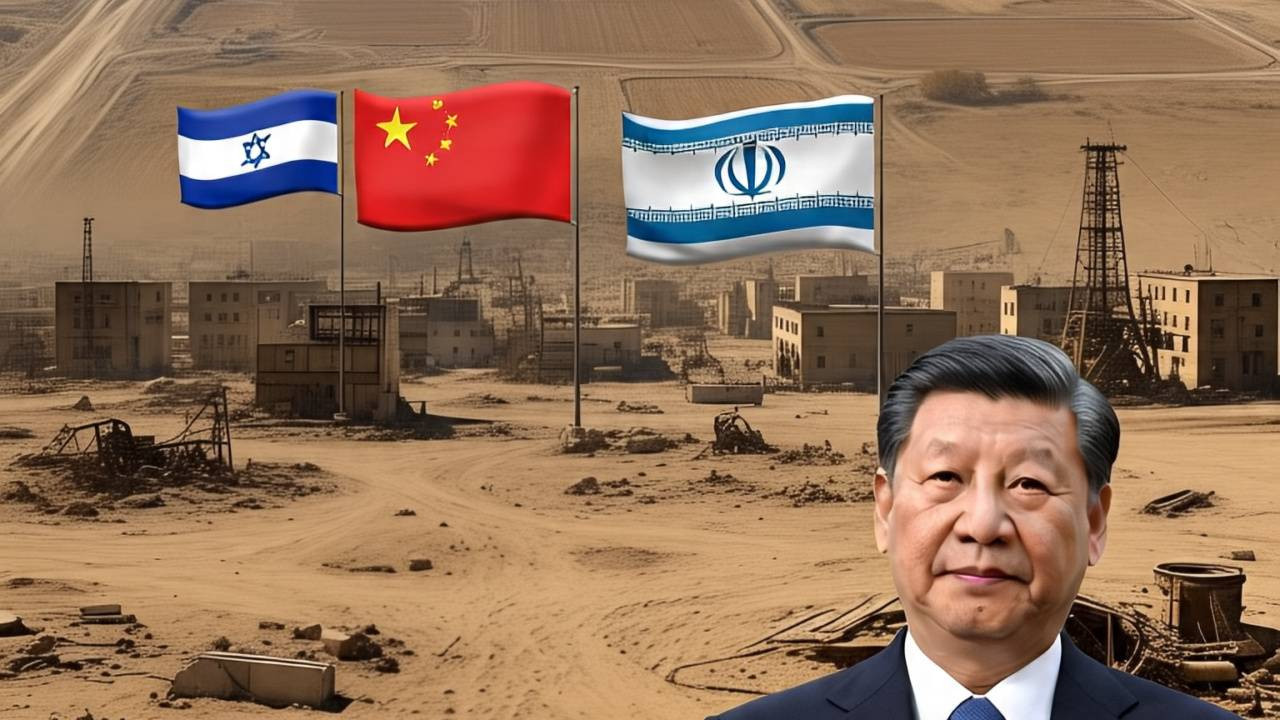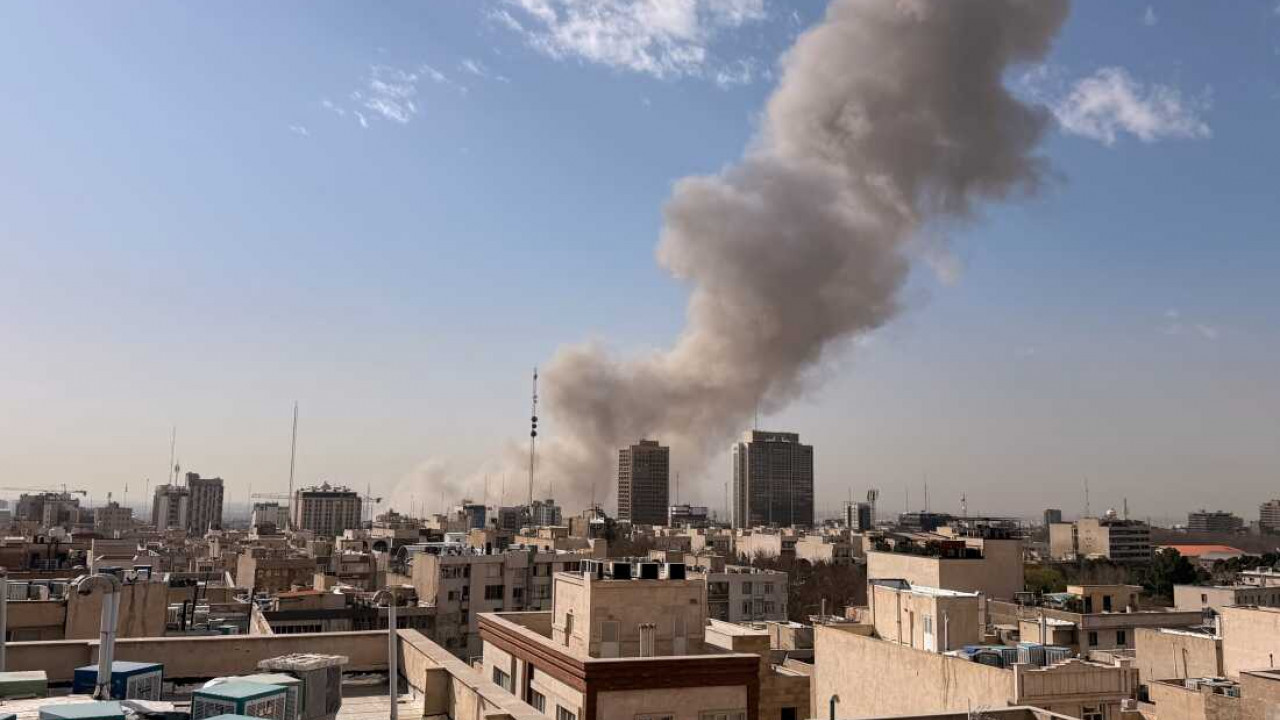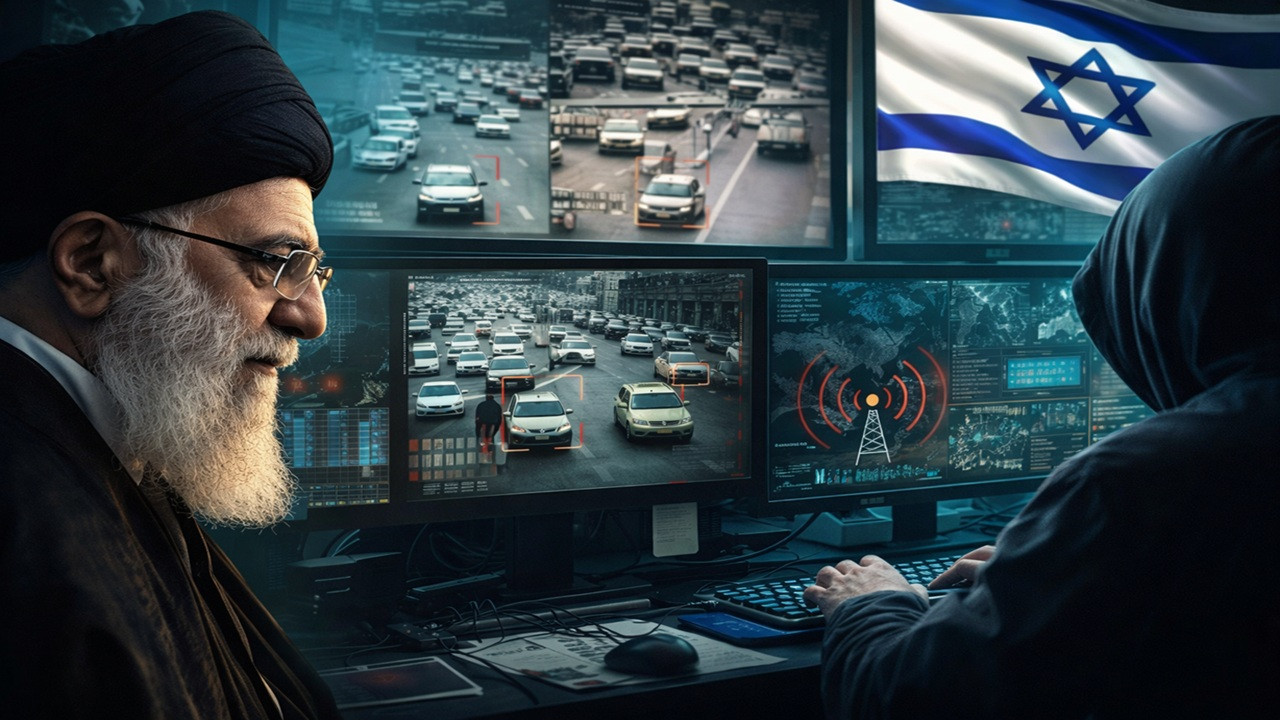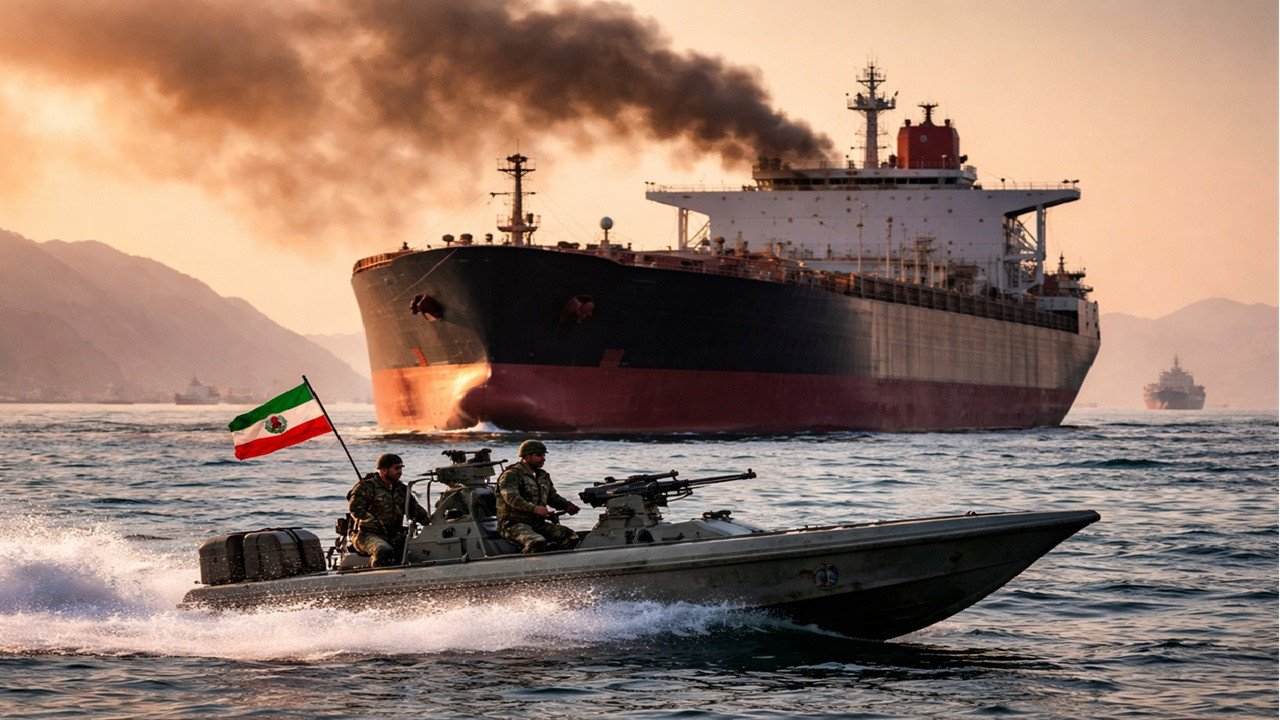International News: China, the world's largest energy consumer, imports nearly 15% of its crude oil from Iran. With rising ambitions to double this dependency in the near future, the Iran-Israel conflict couldn’t have come at a worse time for Beijing. Any military escalation between Tehran and Tel Aviv threatens not just oil tankers, but also China’s energy blueprint for the coming decade. In recent years, China strategically increased purchases of discounted Iranian oil to offset global volatility and Western sanctions. The war jeopardizes this silent trade lifeline. If Tehran is pulled into a prolonged conflict, China may face severe disruptions in oil supply—leading to spikes in energy prices and possible shortages in key industries.
Energy Disruption Looms
Iran’s ports, oil terminals, and pipelines are vulnerable targets in a wartime scenario. Missiles or drone strikes could delay or entirely halt shipments. Such logistical breakdowns could force China to depend more heavily on other suppliers like Russia or Saudi Arabia, inflating costs and increasing geopolitical risk.
Trade Plans in Jeopardy
Beijing had planned to make long-term investments in Iran’s oil infrastructure under its Belt and Road Initiative. But an unstable region could cause delays or even cancellation of multibillion-dollar agreements. This would be a major blow to China’s vision of creating an alternative economic corridor bypassing Western-controlled sea lanes.
Supply Chain Domino Effect
With disruptions in crude oil supply, China's manufacturing-heavy economy could see a ripple effect across its production lines—from chemicals to plastics and logistics. Such shocks could further dampen its already-slowing GDP and trigger inflation, eroding consumer confidence.
Rising Geopolitical Risks
If the war drags on, global oil prices could soar, impacting not just China but also other major economies dependent on Middle Eastern oil. While the U.S. supports Israel and Western nations prepare for supply disruptions, China is left walking a diplomatic tightrope—neither criticizing Israel nor fully backing Iran.
Beijing’s Balancing Act
So far, China has called for "restraint" and a return to diplomacy, but has avoided taking sides. The reason is simple—its core interest is stability, not ideology. But if the situation spirals further, even China’s balancing act may collapse under the weight of rising costs and shrinking influence.













